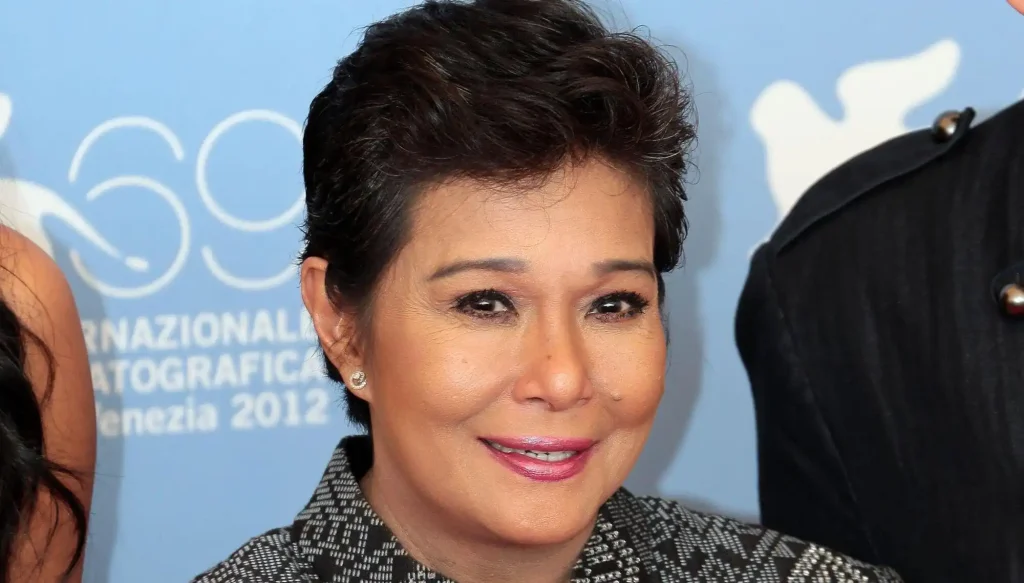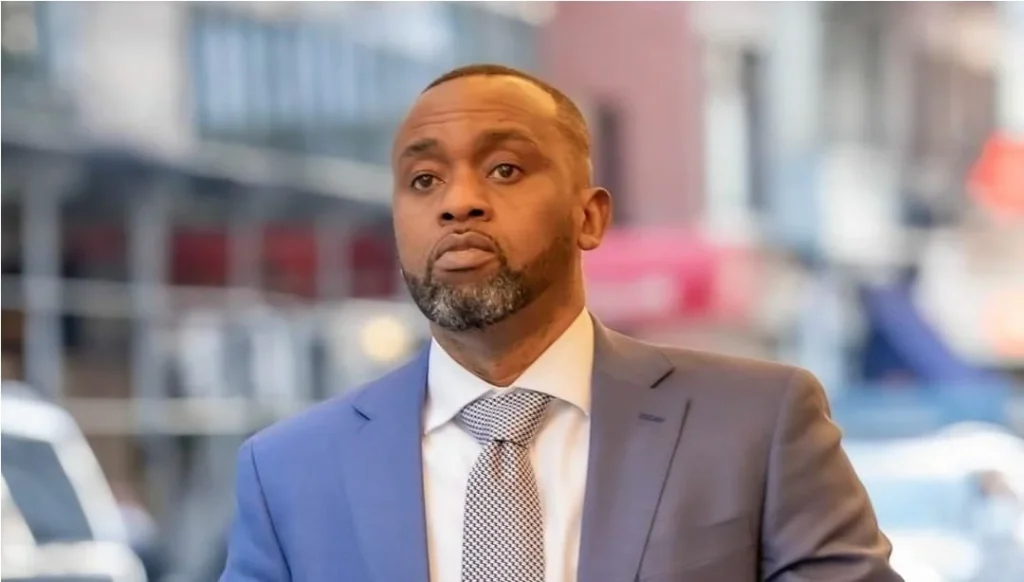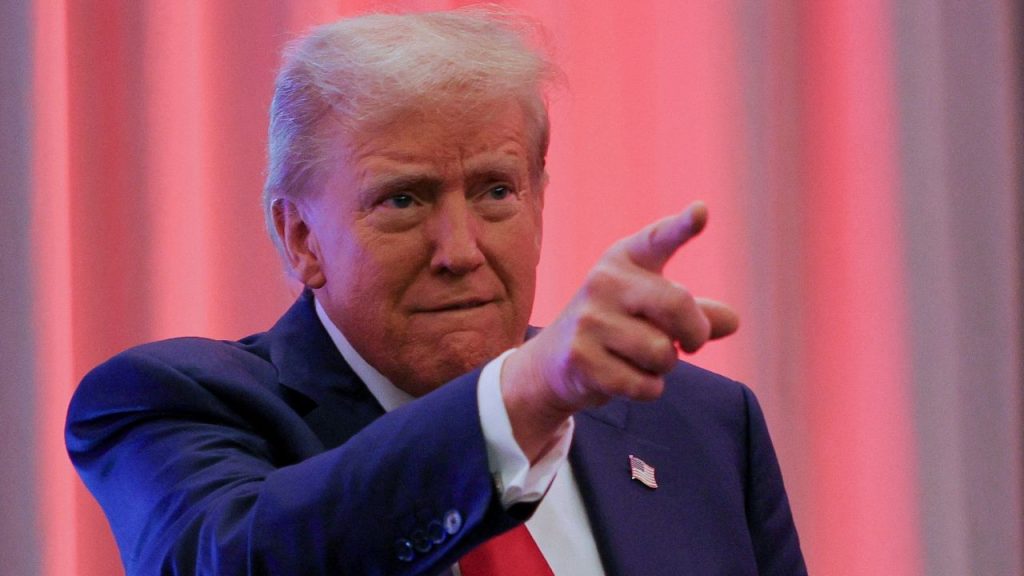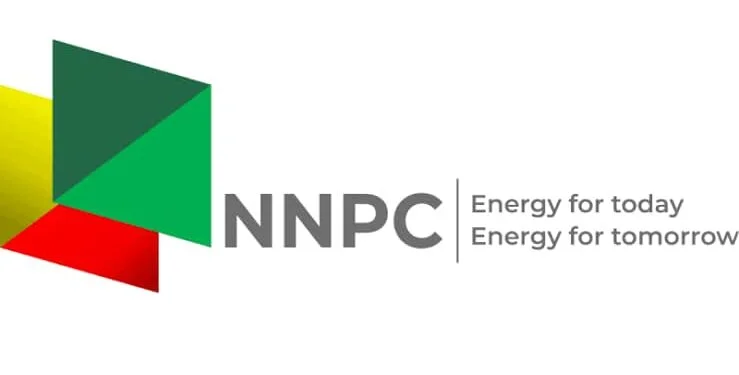In a significant development within West Africa, Burkina Faso, Mali, and Niger, which had previously announced their withdrawal from the Economic Community of West African States (ECOWAS) following recent military coups, are reportedly taking steps to reengage with the regional bloc. This reconsideration comes within the six-month window set by ECOWAS in December 2024, aiming to maintain regional stability and cooperation.
Background of Withdrawal
In January 2024, the governments of Burkina Faso, Mali, and Niger declared their intention to leave ECOWAS, citing grievances that the bloc had deviated from its foundational principles and succumbed to external pressures. They specifically criticized the sanctions imposed by ECOWAS in response to their respective military coups, viewing them as punitive and misaligned with the region’s needs. This move followed a series of military takeovers: Mali experienced coups in 2020 and 2021, Burkina Faso in 2022, and Niger in 2023, leading to their suspension from ECOWAS and strained relations within the bloc.
Formation of the Alliance of Sahel States
In the aftermath of their withdrawal, these three nations established the Alliance of Sahel States (AES), a new regional entity focused on defense and mutual support. This alliance signified a shift away from traditional Western alliances, particularly distancing from France, and fostering closer ties with Russia. The AES also introduced its own biometric passports, signaling a move towards greater autonomy and self-reliance.
ECOWAS’s Response and the Six-Month Grace Period
Recognizing the potential fragmentation of regional unity, ECOWAS, during its 66th Ordinary Session on December 15, 2024, acknowledged the withdrawal notifications from Burkina Faso, Mali, and Niger. The bloc approved their exit effective January 29, 2025, but proactively established a six-month transitional period, extending until July 29, 2025. This grace period was designed to allow the departing nations to reconsider their decision and facilitate dialogue aimed at reintegration. Dr. Omar Touray, President of the ECOWAS Commission, emphasized that the community would keep its doors open to any state wishing to return during this period.
Indications of Reengagement
Recent reports suggest that at least one or two of the withdrawing countries are contemplating reengagement with ECOWAS. Sunday Dare, Special Adviser to the President on Media and Public Communication, noted that while the withdrawal process is nearing completion, there are indications that some nations are seeking to realign with the bloc under the terms offered. This development underscores the complex interplay between national sovereignty and regional cooperation.
President Tinubu’s Diplomatic Efforts
Nigerian President Bola Tinubu, serving as the ECOWAS Chairman, has been at the forefront of diplomatic initiatives to address the political impasse. In discussions with German President Frank-Walter Steinmeier on December 11, 2024, Tinubu affirmed Nigeria’s commitment to pursuing diplomatic solutions, ensuring that innocent citizens are not unduly affected by the actions of military regimes. His leadership has been pivotal in navigating the delicate balance between enforcing democratic norms and maintaining regional stability.
Implications for Regional Integration and Security
The potential reintegration of Burkina Faso, Mali, and Niger into ECOWAS carries significant implications for regional integration and security. Their initial withdrawal and the formation of the AES raised concerns about the fragmentation of West Africa’s collective efforts to address security challenges, particularly the ongoing threats from extremist groups in the Sahel region. A unified ECOWAS is better positioned to coordinate responses to such threats, leveraging collective resources and strategic partnerships.
Economic Considerations
Economically, the departure of these nations from ECOWAS threatened to disrupt trade flows, free movement of people, and collaborative development projects. The reintegration of these countries would help restore economic stability and confidence among investors and development partners. It would also reaffirm the commitment to the ECOWAS vision of a fully integrated and economically prosperous West African region.
Challenges Ahead
Despite these positive indications, several challenges remain. Trust-building between the withdrawing nations and ECOWAS is crucial, given the previous tensions and criticisms. Additionally, aligning the political frameworks of the military-led governments with ECOWAS’s democratic principles will require careful negotiation and possibly concessions on both sides. The success of this reintegration effort will depend on sustained diplomatic engagement, mutual respect, and a shared commitment to the region’s collective well-being.
Conclusion
The evolving dynamics between Burkina Faso, Mali, Niger, and ECOWAS highlight the complexities of regional governance in West Africa. As these nations reconsider their withdrawal and explore pathways to reengagement, there is a renewed opportunity to strengthen regional unity, enhance security cooperation, and promote economic integration. The coming months will be critical in determining the future trajectory of ECOWAS and its role in fostering a stable and prosperous West African region.













